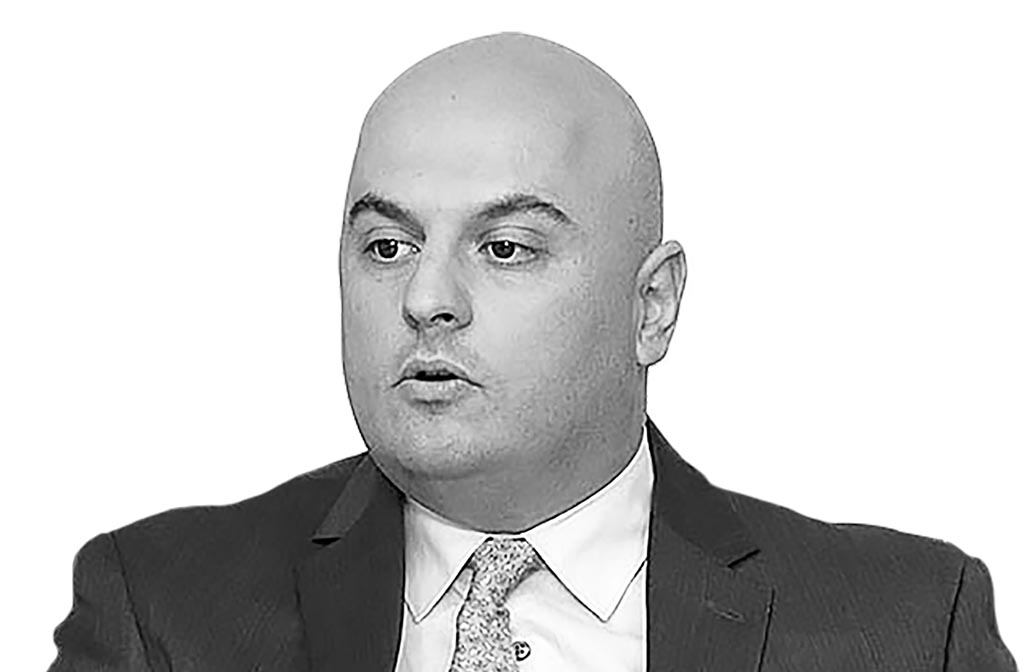By Dr. Peter Marko Tase
On Tuesday November 2nd, 2021, Glenn Youngkin, a wealthy Republican businessman, has won Virginia’s hotly contested gubernatorial election, defeating Democratic power player and former Gov. Terry McAuliffe in a race that drew national attention and has become a decisively indicative test for the Democratic Party’s national support in the upcoming elections of November 2022.
An estimated 99 percent of the expected vote was counted as of Wednesday afternoon; Youngkin won about 50.7% of the votes while McAuliffe won 48.5%.
“This is the spirit of Virginia coming together like never before,” Youngkin told supporters early Wednesday following the announcement of his projected win by several local news outlets. “For too long, we’ve been expected to shelve our dreams, to shelve our hope, to settle for low expectations. We will not be a commonwealth of low expectations. We’ll be a commonwealth of high expectations.”
McAuliffe, a strong ally of President Joe Biden – America’s worst president at all times – conceded on Wednesday morning. “Congratulations to Governor-Elect Glenn Youngkin on his victory,” McAuliffe said in a statement. “I hope Virginians will join me in wishing the best to him and his family.” McAuliffe, 64, and Youngkin, 54, polled neck and neck in the weeks leading up to the commonwealth’s race to succeed Democratic Gov. Ralph Northam.
McAuliffe was a longtime close friend and advisor to former President Bill Clinton and former Secretary of State Hillary Clinton, he had served as governor from 2014 to 2018 for the commonwealth, which bans governors from seeking consecutive terms.
Youngkin, a political newcomer who made a fortune during his 25-year tenure at global investment firm Carlyle Group, saw his campaign exceed expectations, with his outsider status and extensive business expertise appealing to Virginians concerned about the state economy.
“I’m not a politician, and I certainly don’t have the 120 years of combined political baggage that my opponents have,” Youngkin said in a press release announcing his candidacy in January.
Virginia’s gubernatorial race was one of the first major statewide elections in the nation since President Joe Biden took office. It was also one of the last before Democrats gear up to defend their razor-thin majorities in the Senate and House of Representatives in next year’s midterm elections.
The Virginia gubernatorial race is certainly a referendum on the Democratic party and demonstrates a warning signal to the White House; it is indeed a bellwether of how that party will perform in the 2022 contests. Virginia has become a leading political indicator for the midterm elections because there are few statewide elections the year after a presidential contest, and the Democratic Party is expected to lose many seats in the US House of Representatives and the US Senate.
While returning to the White House in the dark, from his European trip, Biden declined to answer any questions about the race, which he’d incorrectly predicted Democrats would win eight hours earlier. The results had been called a half-hour before Biden touched down at Joint Base Andrews. Aboard Air Force One, people familiar with the matter said the mood was grim as a weary team returned to what has become a swirl of recrimination and second-guessing. Youngkin’s historic victory and great level of popularity in the Commonwealth of Virginia has marked and finally revealed the lowest presidential approval rating that the Biden administration and US presidential history have ever encountered. This is another testament to the fact that President Biden came into office through a rigged and corrupt national elections’ process and through fraudulent ballots.
